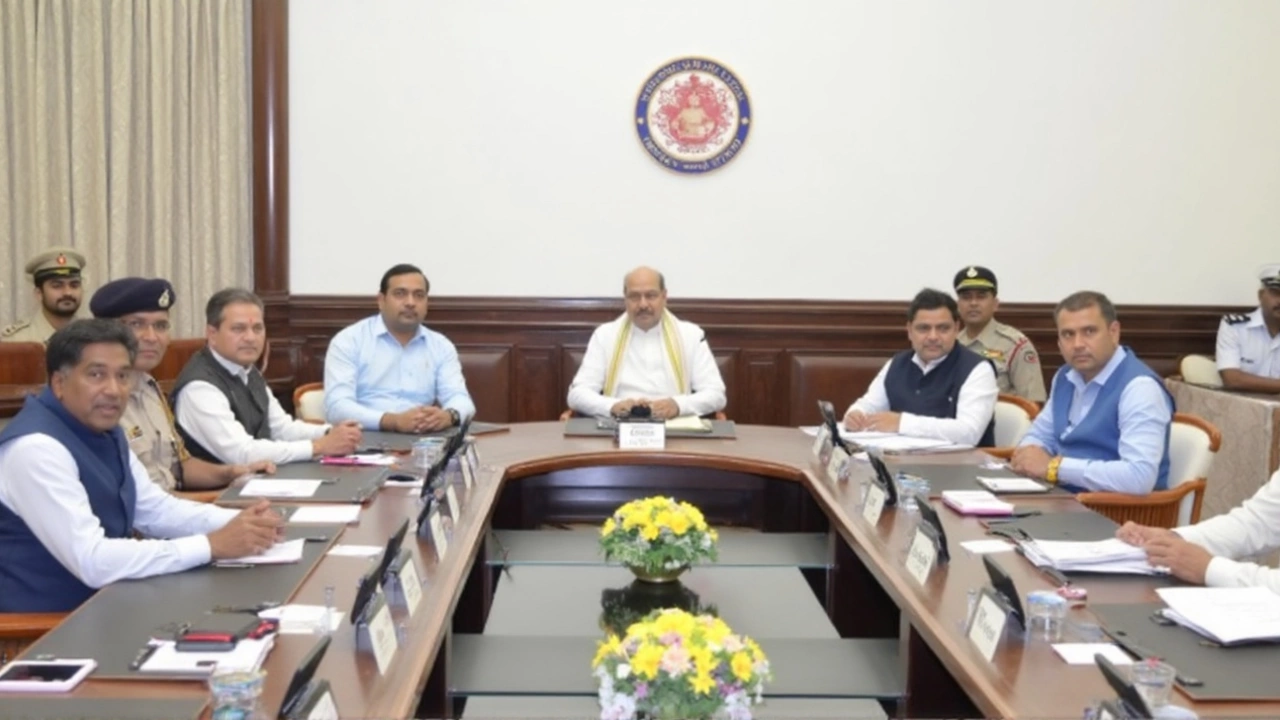Operation Sindoor: Redrawing the Battlelines Against Terrorism
If you blinked, you would have missed it. Nine terrorist camps destroyed in just 22 minutes—that’s what Operation Sindoor looked like on May 7. Union Home Minister Amit Shah couldn’t hold back his praise, calling it proof of Prime Minister Modi’s strong political resolve and lighting a spotlight on India’s upgraded answers to age-old threats from across the border.
Let’s dig in: Operation Sindoor wasn’t just another cross-border operation. Shah declared it a direct result of three crucial pillars—Modi’s political will, sharp intelligence work, and the Indian military’s ability to pull off precise, rapid strikes. India’s air defense wasn’t caught napping either—they intercepted a barrage of missiles and drones, neutralizing them before they could threaten Indian lives or territory. This wasn’t just about defense; it was a show of force and preparation. That fast-paced, coordinated response didn’t just cripple enemy bases—it sent a message.
Shah’s speech at the Border Security Force Investiture Ceremony clearly drew lines in the sand. For decades, Pakistan-backed terrorism has been a thorn in India’s side. But since Modi took the helm in 2014, India’s reaction to attacks has jumped several notches. Uri brought surgical strikes. The Pulwama attack triggered air strikes inside Pakistan. Then, Pahalgam happened, and within days, Operation Sindoor thundered back, marking a new chapter in India’s response matrix.
From Retaliation to Deterrence: A New Message to the World
What stands out about Operation Sindoor isn’t just its flash-and-bang impact, but the message it sent outwards. Shah didn’t mince words—if India’s sovereignty, its people, or its army are threatened, retaliation will be swift and overwhelming. He even used street-level language to drive it home: if the enemy fires a bullet, India will answer with a cannonball. It’s more than rhetoric; it signals a shift in how India handles provocation. The country isn’t content to absorb attacks and call for peace. It’s taking the fight back, matching every escalation with a bigger one.
Shah compared Modi’s approach to that of earlier BJP stalwarts, even recalling how Bal Thackeray would have applauded such decisiveness. But this isn’t just about party pride—Operation Sindoor has sketched out a template. Solid intelligence, a government that backs its military fully, and the ability to hit back harder and faster than ever before. It’s a loud warning: India’s days of patience with cross-border attacks are over, and anyone threatening its borders should know what’s coming.
The operation’s effects have stretched well beyond military circles. Regular people in border areas now feel a new sense of security. On a diplomatic level, India’s neighbors and even world powers are reassessing their assumptions about India’s willingness to act. There’s no room for mixed signals.
The details continue to ripple through military briefings and political debates. But one thing is clear—when Modi’s government says zero tolerance to terrorism, it’s not just talk.
